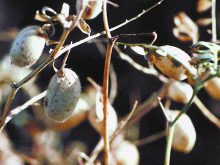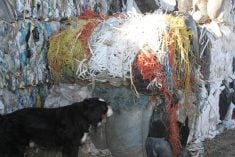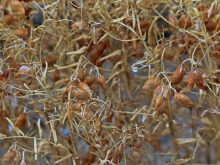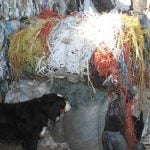SASKATOON – Three herbicide resistant canolas still in the experimental stage moved closer to commercial sale last week.
The Western Canada Canola/ Rapeseed recommending committee, at its regular spring meeting Feb. 20, approved for registration as seed Hoechst Nor-Am AgrEvo’s HCN 92 and HCN 10, the glufosinate ammonium-resistant canola.
The committee also recommended that interim seed registration be given to Monsanto’s glyphosate-resistant canola, after two years in the co-op test.
The blessing of the recommending committee paves the way for the varieties to be licensed by Agriculture Canada, but only if other regulatory requirements are met.
Read Also
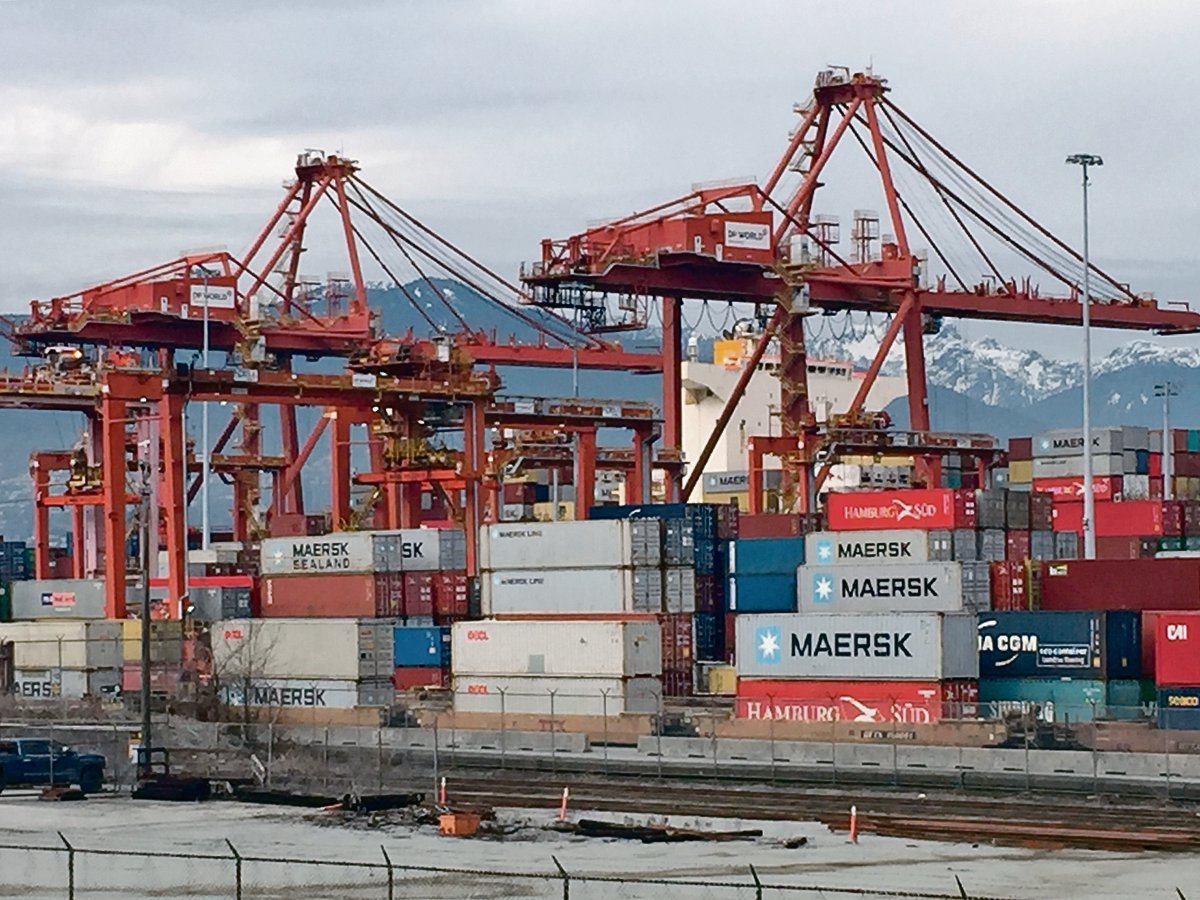
Message to provincial agriculture ministers: focus on international trade
International trade stakeholders said securing markets in the face of increasing protectionism should be the key priority for Canada’s agriculture ministers.
“They will not be licensed until all of the sign-offs take place,” said Benito, Man., farmer Max Polon, who chairs the committee. Those regulatory hurdles include environmental release, clearance of the meal as livestock feed and re-labeling of the herbicides.
Another requirement, clearance that the food is safe for human consumption – called the “novel foods” clearance – came down from Health Canada for Monsanto, AgrEvo and Pioneer Hi-Bred, earlier in February.
Committee’s decision appealed
But Pioneer’s variety, which is resistant to the active ingredient in Pursuit herbicide, was not considered by the committee. Pioneer Hi-Bred marketing manager Dave Sippell said from Georgetown, Ont., that the company is appealing the committee’s decision, and because of that, could not comment further.
Aaron Mitchell, biotechnology manager for Monsanto in Saskatoon, said the company does not intend to submit the variety for commercial release, as its breeding partners are working on Roundup-resistant varieties with more potential. “This variety is going nowhere,” he said,
Monsanto committed to growing just 2,000 acres of canola “kept under a closed system,” and will ensure none of the canola’s products enter foreign commercial channels, he said.
Mitchell said the company will use the seed to conduct test crushes, for example.
Polon said if all the approvals take place for AgrEvo, then all commercial production must be under strict contract. The seed can be processed only in Canada and the products of the canola can only be sold in Canada and the United States.
Polon said the restrictions recognize that some of Canada’s canola customers do not have the regulations to deal with transgenic crops, which means they would not be able to sell into those markets, but he said as far as Canada is concerned: “Transgenics don’t present any concerns compared to ordinarily bred canola.”
Steve Meister, spokesperson for AgrEvo in Regina, said even with the novel foods clearance and the go-ahead from the variety committee, there are three more regulatory obstacles left before the company can release the seed for commercial use.
AgrEvo is still aiming to have the seed available for sale in time for spring planting, he said.
Even though glufosinate is now registered as a desiccant called Harvest, the company has applied for a new label.
Mitchell said Monsanto also has applied for a new label for Roundup.
No environmental harm
For both companies, confirmation also needs to come from Agriculture Canada that the transformed varieties pose no threat to the environment when grown in open fields, including the risk of crossbreeding with other varieties and plants and harming birds or bees.
Last, clearance needs to be given by Agriculture Canada that the meal from transformed canola is safe for livestock feed.
And for AgrEvo, restricted sales to the U.S. means the United States Food and Drug Administration must review the crop for its safety as livestock feed and human food.
However, Polon said the FDA has agreed to accept Canadian data once all the approvals have been given.
Pioneer’s variety differs from Monsanto’s and AgrEvo’s on one important count.
It was bred using traditional plant-breeding techniques, not biotechnology. In Canada, however, its products are still considered novel and must go through all the regulatory requirements.
But in other parts of the world, Sippell said, it is the process that is considered novel.



